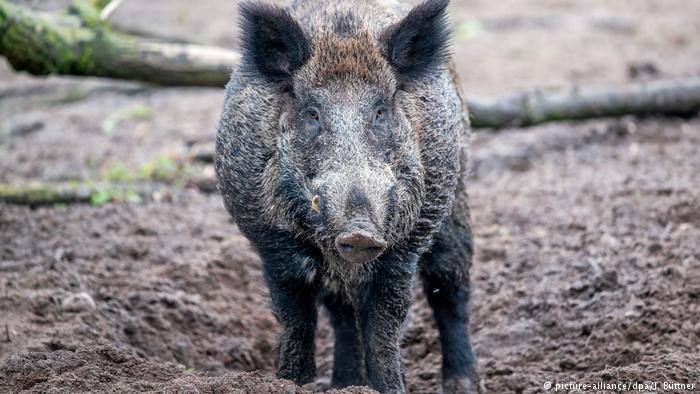Denmark is set to build a fence along the German border in a bid to keep out swine fever. Critics say it won’t work, harms wildlife and may only be a symbolic gesture to cater to farmers and anti-immigrant sentiment.
Denmark gave final approval to the building of a controversial 68-kilometer (42-mile) fence along the border with Germany to protect its giant pork industry from wild boar that could carry African swine fever, Detsche Welle reports.
Critics say the €11 million ($12 million) fence is a waste of money that doesn’t work against a problem that doesn’t exist, while environmentalists have raised concerns about its effect on the ecosystem. The fence may also be symbolic for the Danish right-wingers keen on hard borders and keeping migrants out.
The 1.5-meter tall and half-meter deep fence will run along the entirety of the Danish-German border, from the Wadden Sea in the west to the Flensburg Fjord in the east. The fence, slated to be finished by the end of 2019, was approved by the parliament in June with the support of the government, Social Democrats and right-wing populist Danish People’s Party. The Environment Ministry gave final approval to the project on Monday following public consultations.
The fence is intended to stop wild boar from infecting pig farms with swine fever virus. Around 5,000 pig farms export 28 million pigs annually, accounting for half of Danish agricultural exports and 5 percent of all exports, according to the Danish Agriculture and Food Council.
